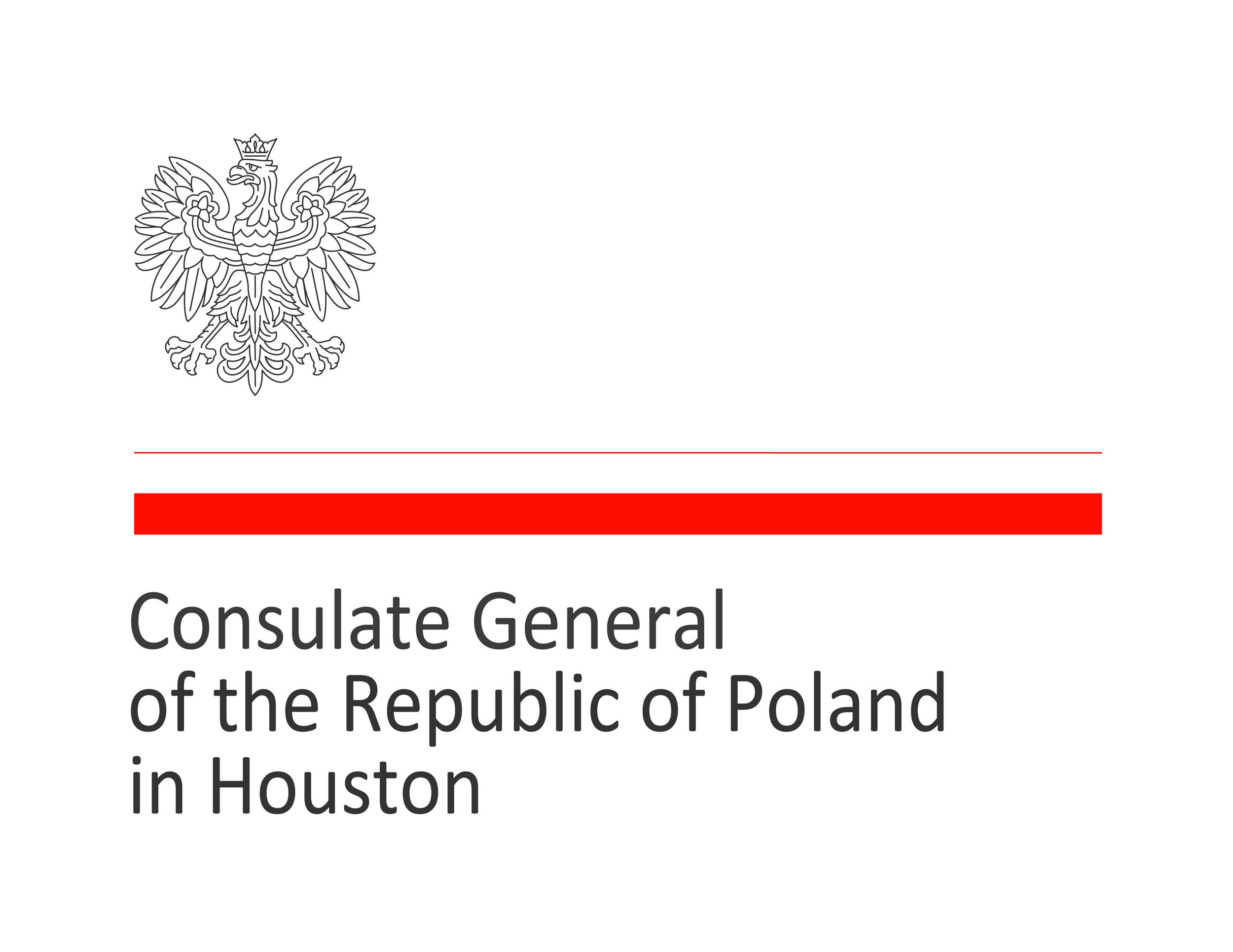Music for This World?
/When words won’t do, thoughts won’t do, and imagination no longer feels like imagining; there is still music – only music for this world, for this life.
—Wiesław Myśliwski, A Treatise on Shelling Beans
Can music change us? Can it change the world? These are the questions we may ask ourselves while watching the documentary Chopin: I Am Not Afraid of Darkness, written and directed by Joanna Kaczmarek. It follows an international project of sharing Fryderyk Chopin’s music with audiences at several locations stigmatized by historical events. This venture is undertaken by three pianists: Leszek Możdżer, a renowned Polish jazz musician; South-Korean Jae-Yeon Won, prize winner of the International Ferruccio Busoni Piano Competition (2017); and Fares Marek Basmadji, a Polish-Syrian former concert pianist (participant of the 2010 International Fryderyk Chopin Piano Competition), who works as a software engineer in England.
Despite coming from geographically and culturally distant parts of the world, they are bonded by their passion for music, particularly the music of Fryderyk Chopin, which, this time, they treat “instrumentally”: they want to utilize it for a noble cause of un-stigmatizing places that witnessed human tragedy associated with war crimes and bloody military actions or political conflicts, resulting in the loss of millions of lives. They want to bring peace to people who either lived through the tragedy or were somehow affected by its aftermath. The framework of the story is set against the images of a railway leading to the former Nazi-German concentration camp in Auschwitz, the town of Aleppo completely ruined by the Syrian war, and the bridge which has served to divide rather than connect the 70-year war-ridden South and North Korea.
The pianists take on the challenge with zeal and the conviction that Chopin’s music has magical powers. While practicing on the piano placed in the middle of a remote Polish countryside meadow, Leszek Możdżer claims that the past can provide a lesson for us and that music can heal the present and create its better version. He talks about sound resonance, which profoundly impacts humans and brings them peace and harmony. Fares Marek Basmadji, who plays the piano in his London apartment, wants to draw people’s attention to the fate of refugees while playing his concert in Beirut. (This town adds another historical dimension to the story.) Jae-Yeon Won is shown yet in another setting – inside a concert hall. Through his voice-over, we learn about his belief in the therapeutic power of music. He wants to bring consolation to people, even if for a moment. Will they succeed? At the very onset of the film, we learn that it was created in 2020, during the pandemic. The Covid restrictions evidently affected the form and outcome of the project. During the movie’s climax, each pianist plays the same piece – Chopin’s Scherzo No. 3 in c-sharp minor, Op. 39, to a tiny audience in an open space. Their reaction can help us determine the success of the project. After all, “he who saves a single life saves the world entire.”
The documentary highlights the universality of human condition by drawing our attention to some similarities, such as experiencing war trauma, which can be “inherited” by the next generation, or immigrant fate and multicultural background (resemblance between Chopin’ and Basmadji’s lives). Some parallels are shown visually, for example, by juxtaposing the image of a wired fence around the Nazi concentration camp in Auschwitz with a similar one on the Korean border or—the five-line staff. On the other hand, we see contrasts that emphasize the horrors of history – between the clean and well-kept English town and the rubbles in Aleppo or a shabby Syrian refugee camp in Lebanon; or the dissonance between the beauty of pristine nature and the stark barracks in the concentration camp. What glues the film together is the music, not just Chopin’s but also the soundtrack arranged by Leszek Możdżer, which incorporates western melodies with Middle-Eastern rhythms and Asian pentatonic scale, highlighting unity in diversity.
The knitting of different stories and cultures together is well illuminated in a scene of Fares Basmadji getting ready for his concert. He presents to the camera his ornate outfit with traditional Syrian embroidery, designed by his Polish mother, who raised him in respect and appreciation for his Polish and Syrian roots. Basmadji caresses the kaftan and, with the same kind of reverence, puts the kaftan on, making sure it fits perfectly. His attention to tradition, music, listeners, and to the solemnity of the moment carries a vibe of a prayer.
However, following these reflections, this question keeps coming back to me: Can music improve a person’s moral stance? For the last eighty years or so, we have been contemplating how it was possible that the same nation bore the author of the Goldberg Variations and the savages who conceived, planned, and implemented genocide on an unprecedented scale. Moreover, these same people admired the composer, maybe shed some tears while listening to this brilliant piece, and even occasionally played it. Perhaps what we can expect from music is only consolation and a chance to escape our sorrows when “the words won’t do.” The film provides plenty of inspiration for soul-searching and implementing its mission in our own lives.
Bożena U. Zaremba
Fares Marek Basmadji podczas koncertu w Bejrucie, kadr z filmu „Chopin. Nie boję się ciemności”
Jae-Yeon Won podczas koncertu w Korei, kadr z filmu „Chopin. Nie boję się ciemności”















